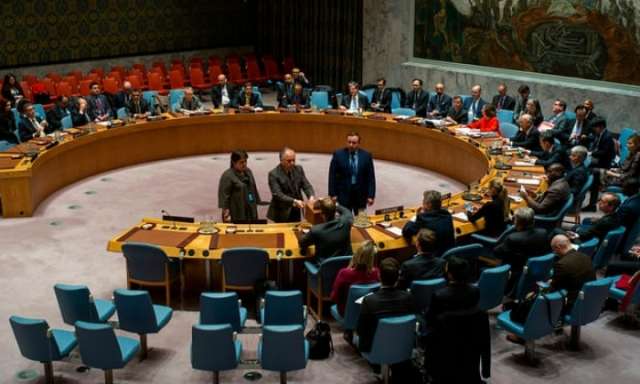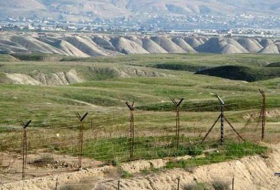The decision to bow to mounting opposition within the UN general assembly is a humiliating blow to British international prestige and an acceptance of a diminished status in international affairs.
That the runoff for the last place on what is known as the world court was between Britain and India, a nation likely to feature as a more significant trading partner post-Brexit, may have been a contributory element in the final calculations.
There have been calls in Indian media for the country to leave the Commonwealth if the UK exploited its position as one of the five permanent members of the security council to defend its weakened position.
The ICJ is composed of 15 judges elected to nine-year terms by the UN general assembly and the UN security council.
Four other judges, from Brazil, France, Lebanon and Somalia, had already been elected to the ICJ in the earlier rounds.
In the last round of voting at the UN a week ago, Greenwood secured only 68 votes in the general assembly against Bhandari’s 121 votes. The British candidate, however, had nine votes in the UN security council against the Indian’s five. A majority in both the general assembly and security council was required to win a place on the ICJ bench.
The race for last place involved weeks of diplomatic lobbying and, in the end, the UK was partially the victim of residual international resentment in the UN general assembly of the dominance and privileges of the permanent five members of the security council – the US, Britain, France, China and Russia.
Other factors also torpedoed UK efforts. Greenwood, a highly experienced and capable lawyer, was tainted in some eyes because of his advice to the Blair government in the run-up to the Iraq invasion in 2003.
He was instructed by the then attorney general, Lord Goldsmith, to examine the arguments over the legality of using force against Saddam Hussein and concluded that use of force was justified.
This is the second time the UK has been humiliated at the UN in recent months, amid signs that some EU nations no longer feel the need to automatically support an isolationist former partner.
There has also been resentment of the foreign secretary, Boris Johnson, and his undiplomatic put-downs of other countries.
In a separate vote at the UN general assembly last June, the UK was defeated 94-15 when a Mauritian-backed resolution questioning the disputed legal status of the UK’s hold over the Chagos Islands in the Indian Ocean was referred to the ICJ.
The world court, which is based at The Hague, hears disputes over sovereignty and international borders from all over the globe. Greenwood had served one nine-year term as a judge there.
The letter from Matthew Rycroft, the UK’s permanent representative at the UN, said: “The current deadlock is unlikely to be broken by further rounds of voting.
“We have therefore consulted our candidate, Sir Christopher Greenwood, who has confirmed that his candidature for re-election to the international court of justice should be withdrawn.
“In taking this step, we have borne in mind the close relationship that the United Kingdom and India have always enjoyed and will continue to enjoy, and the fact that both candidates fulfil the requirements for election and have already served the court diligently with impartiality and independence.”
The letter added that had voting been stalemated again, there is a mechanism for resolving disputes – a joint conference between the UN security council and general assembly - but it acknowledged that “some thought needs to be given to this procedure before the next ICJ election in order that it might be used when it is clearly needed”.
Rycroft added: “The UK has concluded that it is wrong to continue to take up the valuable time of the security council and the UN general assembly with further rounds of elections.
“The UK congratulates the successful candidates, including Judge Bhandari of India. We are naturally disappointed, but it was a competitive field with six strong candidates.
“If the UK could not win in this runoff, then we are pleased that it is a close friend like India that has done so instead. We will continue to cooperate closely with India, here in the United Nations and globally.”
More about: #Britain















































